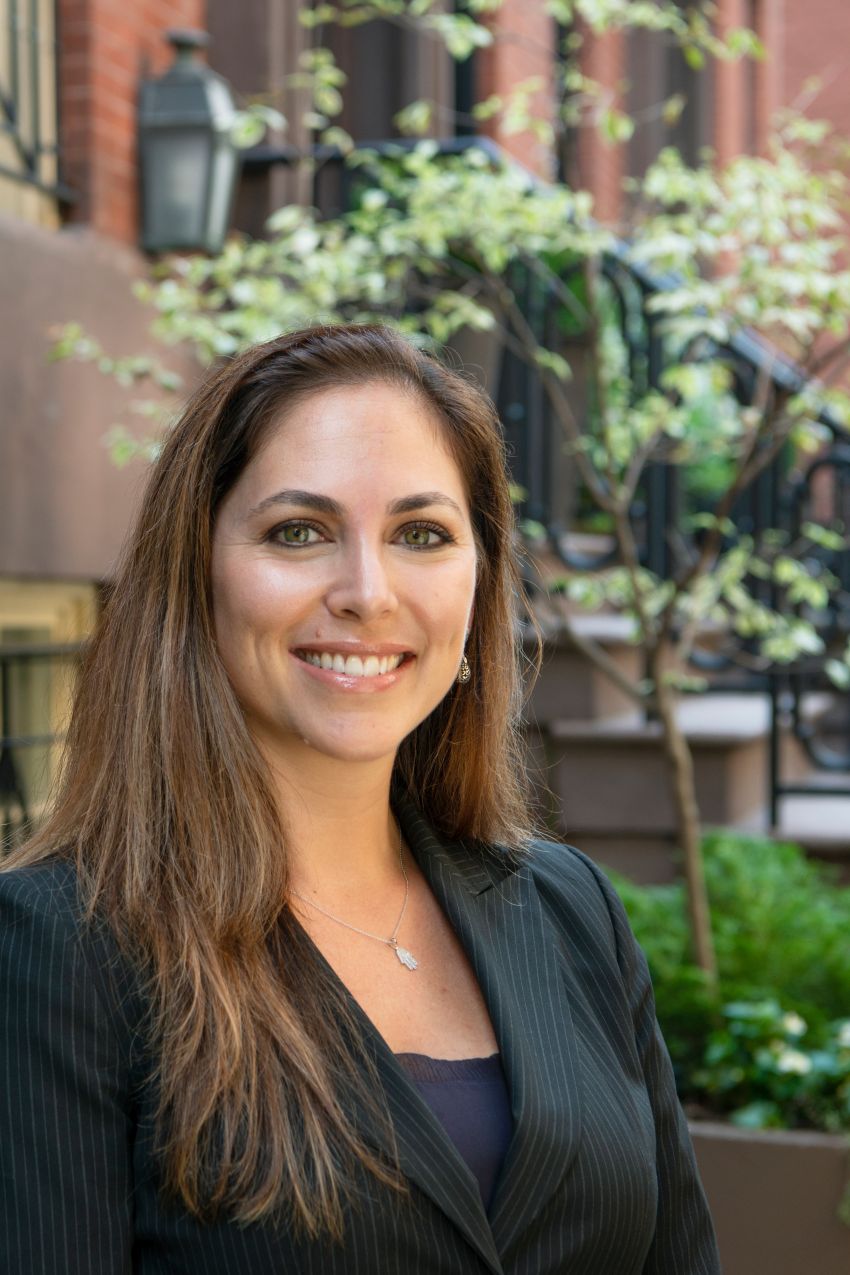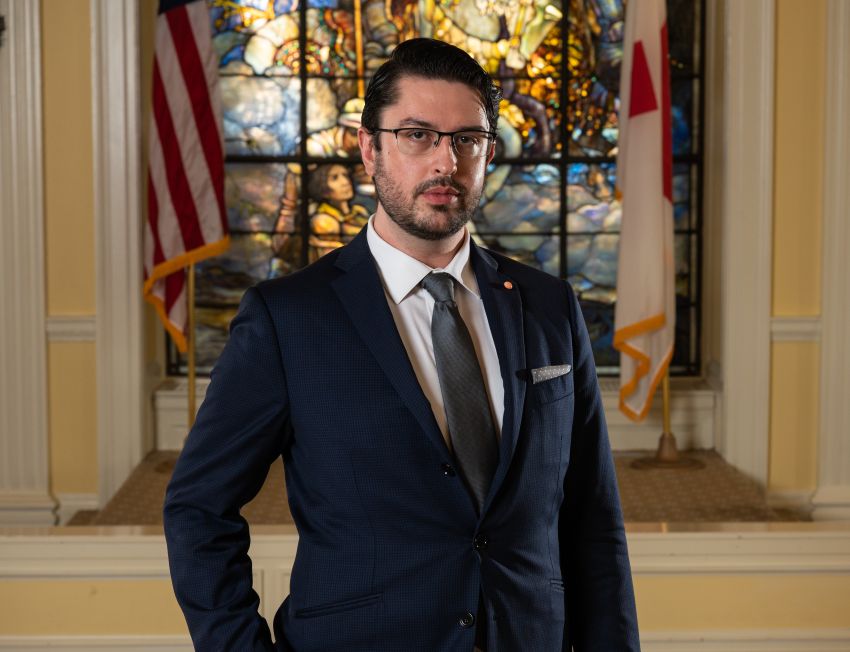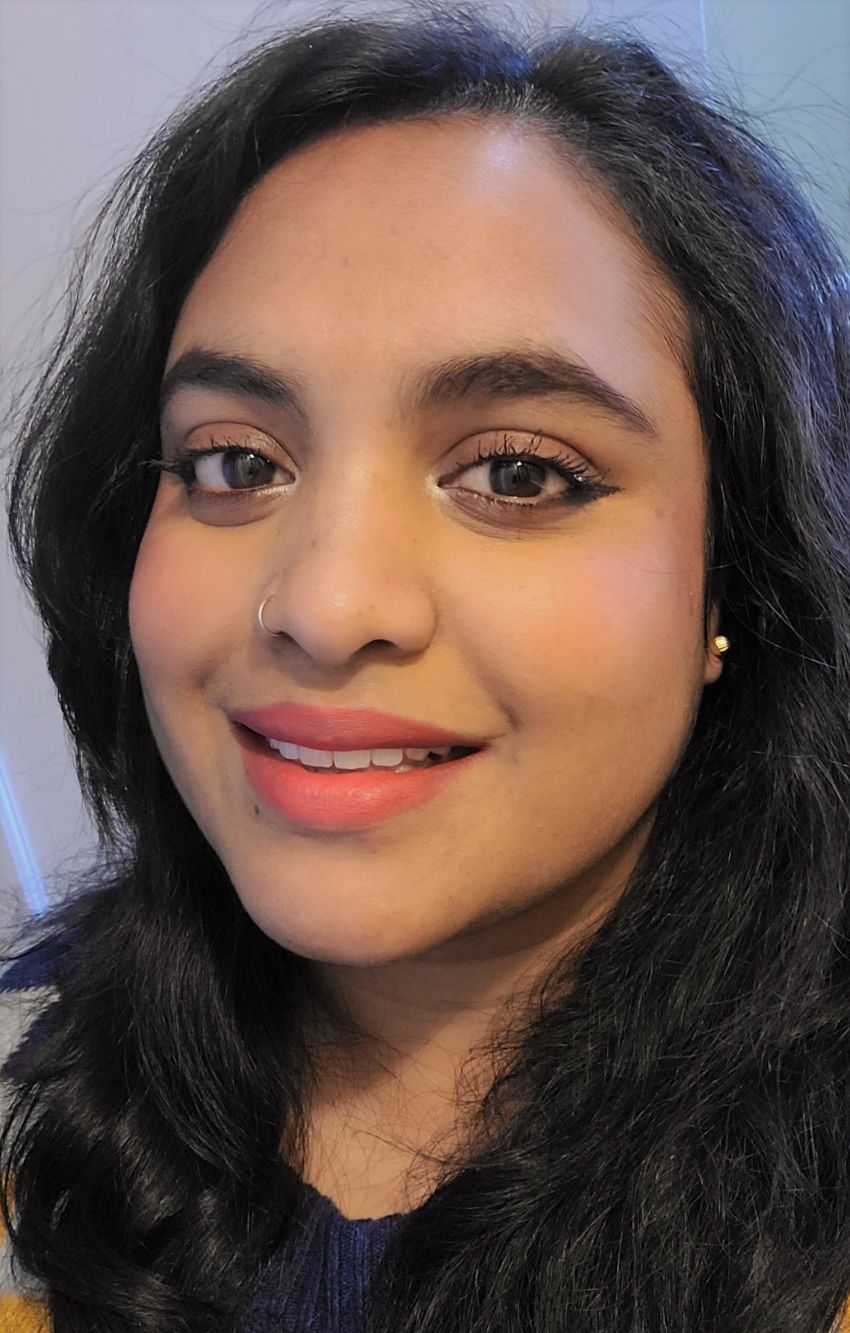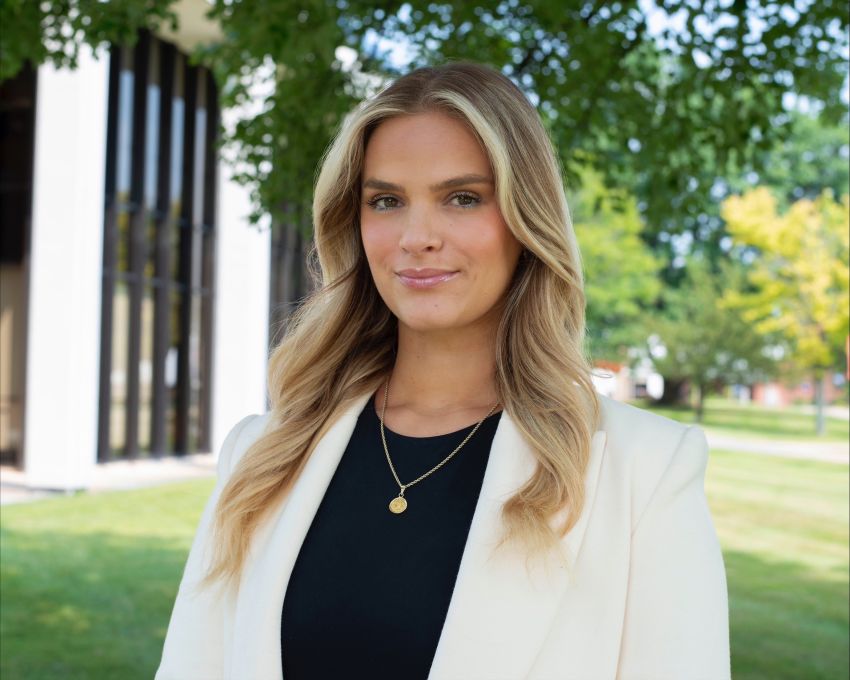As part of the Cardozo Law Institute in Holocaust and Human Rights (CLIHHR), the Benjamin B. Ferencz Human Rights and Atrocity Prevention (HRAP) Clinic provides students with hands-on legal training under the supervision of clinical professors and faculty members. The Clinic adheres to the Institute’s three-part strategy of preventing genocide and mass atrocities, recognizing that it implies protecting populations and rebuilding during and after crisis. The HRAP Clinic trains the next generation of human rights advocates while offering students the opportunity to make a difference.
Jocelyn Getgen Kestenbaum, Director
-
email Email
Getting to Know: HRAP at Cardozo
Human Rights and Atrocity Prevention Clinic Director Jocelyn Getgen Kestenbaum details the clinic's work and student offerings.
HRAP Clinic Director
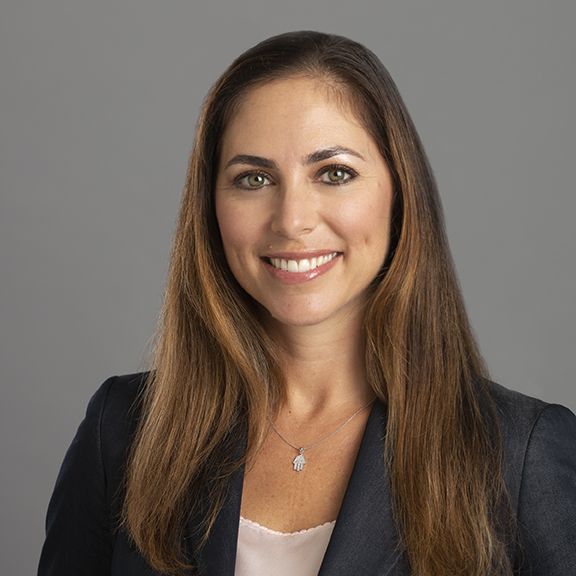
Professor Jocelyn Getgen Kestenbaum
Jocelyn Getgen Kestenbaum is a Professor of Law. She joined the Human Rights and Genocide Clinic in 2013, where she supervises clinical projects on issues of international criminal justice. Professor Getgen Kestenbaum is the director of the Benjamin B. Ferencz Human Rights and Atrocity Prevention Clinic, as well as director of the Cardozo Law Institute in Holocaust and Human Rights. Previously, she worked as program director of Virtue Foundation, a nonprofit implementing rights-based sustainable development projects in health, education, justice, and women’s empowerment globally. Prior to her work at Virtue, Jocelyn was the founding Women and Justice Fellow for the Avon Global Center for Women and Justice at Cornell Law School. While at the Avon Global Center, Getgen Kestenbaum co-supervised projects and co-authored reports on issues of gender-based violence and access to justice, including a comparative study on acid violence in Bangladesh, India and Cambodia.
As part of the Cardozo Law Institute in Holocaust and Human Rights (CLIHHR), the Benjamin B. Ferencz Human Rights and Atrocity Prevention (HRAP) Clinic provides students with hands-on legal training under the supervision of clinical professors and faculty members. The HRAP Clinic trains the next generation of human rights advocates while offering students the opportunity to make a difference. The Clinic adheres to the Institute’s three-part strategy of preventing genocide and mass atrocities, recognizing that it implies protecting populations and rebuilding during and after crisis. The Clinic partners with human rights non-governmental organizations (NGOs) to allow students to experience human rights advocacy in its various forms. The Clinic’s human rights case projects often fall under one of the Institute’s projects. The Clinic litigates before international and regional tribunals, investigates human rights violations, publishes cutting edge academic and policy scholarship on atrocity prevention, and engages in strategic advocacy before the UN and other relevant bodies. The Clinic draws upon human rights law and the Institute’s framework on genocide and mass atrocity prevention, to provide students with a unique lens through which to view issues of forced migration and asylum law. Students will sharpen their skills in areas of legal brief writing, and legal research. Students will also learn to work with interpreters, as it is often necessary to communicate with their clients.
How to Apply
To apply for the Benjamin B. Ferencz Human Rights and Atrocity Prevention Clinic, students should have completed a law school or graduate level course in International Law and/or Human Rights. Significant undergraduate course work in a related field may also be accepted. A demonstrated interest in human rights and genocide prevention as well as the law of asylum is a plus. Students should submit their transcript, writing sample, and letter of interest through the clinic application process. Please note that students must list clinic choices in the order of preference. An advanced clinic is offered during the Spring semester for students who have completed the Fall clinic and want to stay on to complete their cases or who want to continue to explore the world of human rights.
Clinic Structure
There is an intensive orientation and training in late August, before the semester begins, in an effort to ensure that all students have had a primer in International Law, Human Rights Law, and Asylum Law. This two-day training covers core concepts that will be explored over the course of the Fall semester during the weekly seminar. Upon request, students can be given a reading list over the summer so that they can familiarize themselves with the materials that will be covered during the weekly seminar.
Case Assignments
Students, working in two-person teams, are assigned a case project. Students will be given summaries of the case projects before the semester begins and asked to rank them in the order of their preference. However, projects will be assigned based on the right match between clinic needs and skills.


